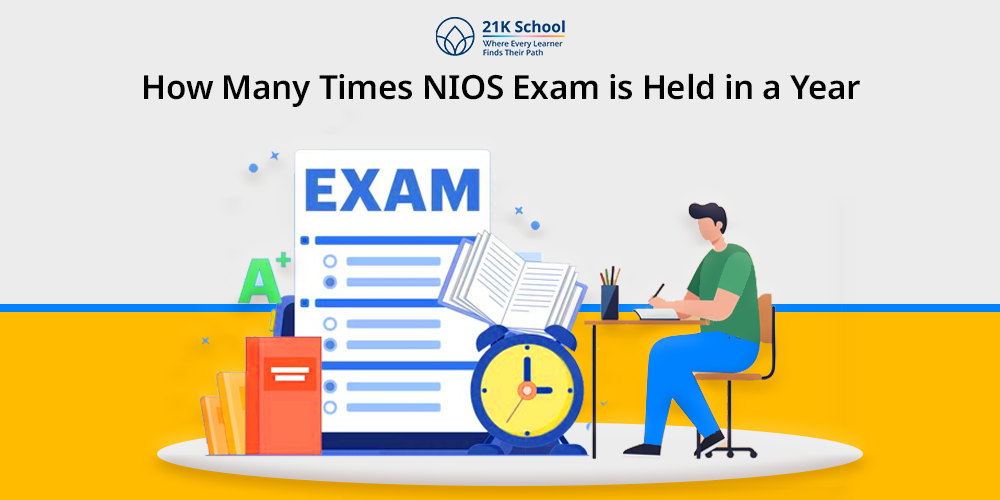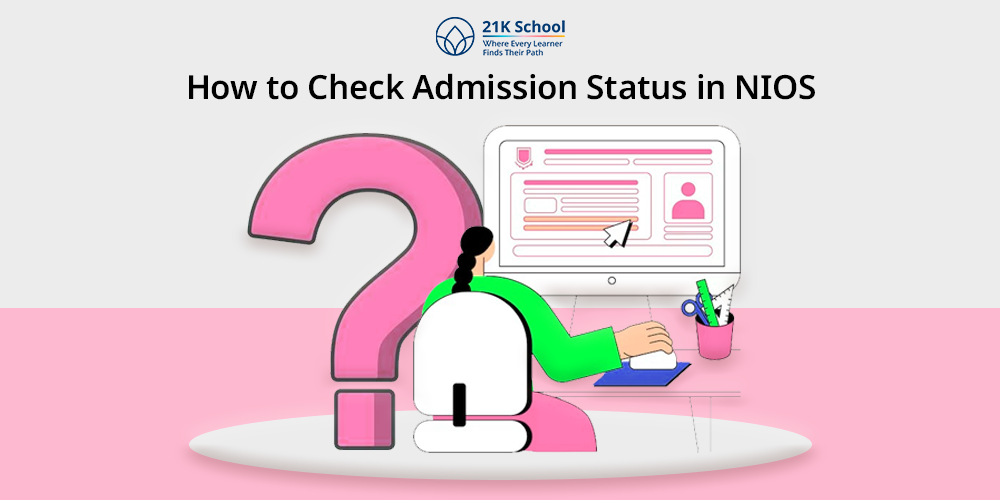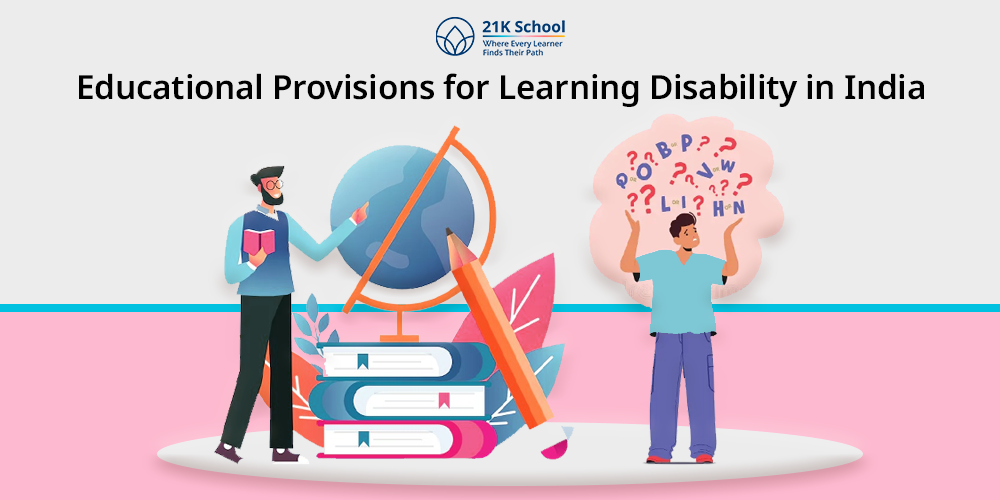
Contents
Introduction
Looking at the complexity and dynamics of the current global environment, the key concern for society is to make sure that every learner gets the best quality education.
One of the most popular homeschooling platforms today is 21K School which appreciates the principles of education equity in creating fair learning chances for students.
But what is meant by the term educational equity and why is it important? Let’s dive into this topic to understand educational equity and its significance in shaping the future of education.
What is Educational Equity?
Educational equity is a concept that asserts that students should receive equal privileges and every chance of receiving an education that is academically fitting for their needs.
It should be irrespective of their race, the colour of their skin, their gender, the background they come from, or their parents’ income level.
Read racism history to know why equality has become the utmost need of society.
Educational equity is slightly different from the concept of educational equality which means to provide the same things to all students, but educational equity admits that students are different and needs should be met as well.
Why Does Equity Matter in Education?
1. Promotes Fairness and Justice:
Educational equity makes sure that the learners who come from poor and disadvantaged backgrounds get the support they need to overcome adversities in their academic journey, then it can be said that educational equity plays a critical role in contributing to learners’ well-being.
It also makes a societal condition more just and fair.
2. Improves Academic Outcomes:
With proper support, the learners benefit from it and show better results.
Equality in education increases the total effectiveness of educational outcomes and decreases differences between different groups of students.
3. Enhances Social Mobility:
Education acts as a social elevator that can raise a person from a lower social status.
By providing equitable educational opportunities, we enable students from all backgrounds to achieve their full potential and improve their socio-economic status.
4. Fosters Inclusive Communities:
Education promotes understanding, respect, and collaboration among students from different backgrounds, hence creating a harmonized society.
If you want to know more about it, read 5 Critical Components of Equity-Focused Teaching
How to Achieve Educational Equity?
Educational equity can only be attained through the use of these basic strategies if a society is to progress without leaving behind any section of its people.
1. Access to Quality Resources:
Make sure that every child gets good textbooks and instructional aids, functional computers and other audio-visual aids, and qualified teachers.
This includes investing in school infrastructures in areas that are not well developed and other requirements that make online platforms like 21K School possible.
2. Personalized Learning:
Education should spread the expectations of every learner with concern to educational methods.
It could also help the students understand the subjects by their comprehension level and also their rate of learning.
This is the reason why schools are adopting personalised learning as it caters to all kinds of students.
3. Professional Development for Educators:
On the same note, teachers and educators themselves have to learn cultural competence, inclusive practices, and how they may educate diverse learners from time to time.
4. Engaging Families and Communities:
Involve Families & communities in context and Learning. Therefore, caring for parents by providing them with all the equipment as well as information required to train their kids is very crucial.
5. Addressing Systemic Barriers:
Eliminate prejudice in policies or practices that affect children from marginalized backgrounds unequal distribution of resources to schools, inadequate funding for education, and restricted enrollment in higher level classes and other co-curricular programs.
Difference Between Education Equity and Education Equality
While educational equity and educational equality are often used interchangeably, they have distinct meanings:
- Education Equality: This implies the provision of similar treatment in the form of resource provision and opportunities to the students in learning institutions. It does respond to the issue of differentiation because almost all the aspects are developed based on similarity.
- Education Equity: Closeness to equity and justice to make sure that every learner gets what is adequate or proper for his or her learning. This approach acknowledges the fact that students are bound to have unique needs and they should be availed for.
Conclusion
Equal rights of the students are important due to the promotion of fairness and social justice while learning and working.
With such an approach, 21K School and other similar organizations turn into an example that early changes can save a great number of students from an ineffective system.
Providing every student with the same educational opportunities not only raises academic achievement and promotes equality but also creates society’s integration and better social mobility.
This is the right time to talk of educational equity, the future belongs to the school kids, let them excel.



